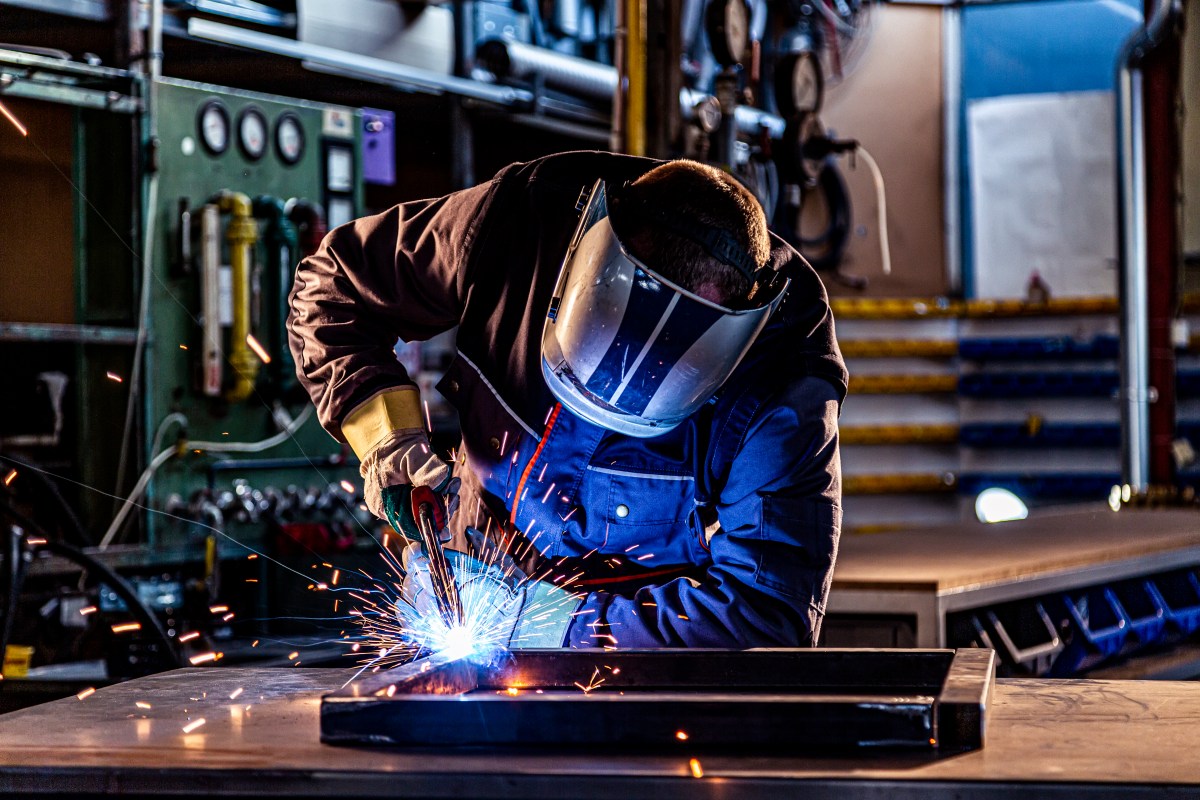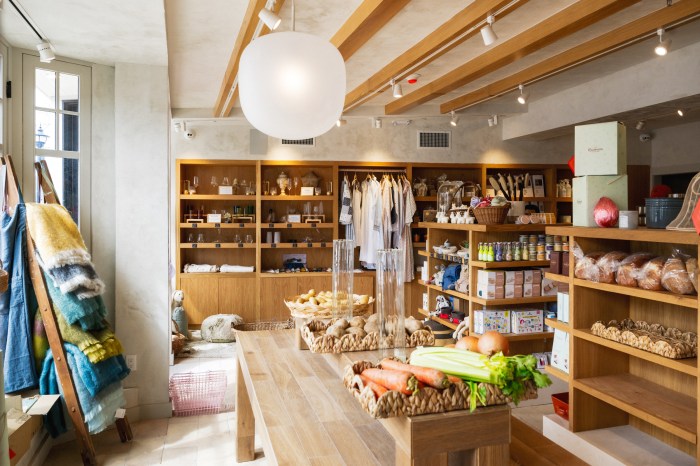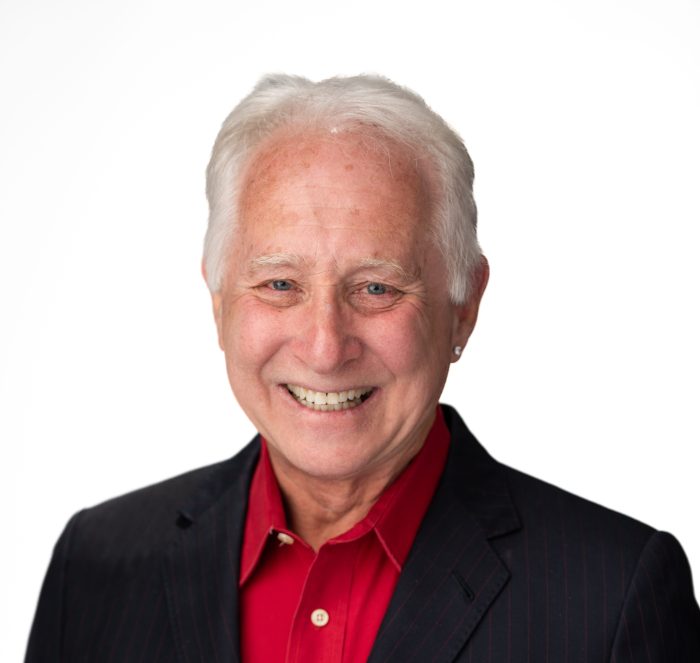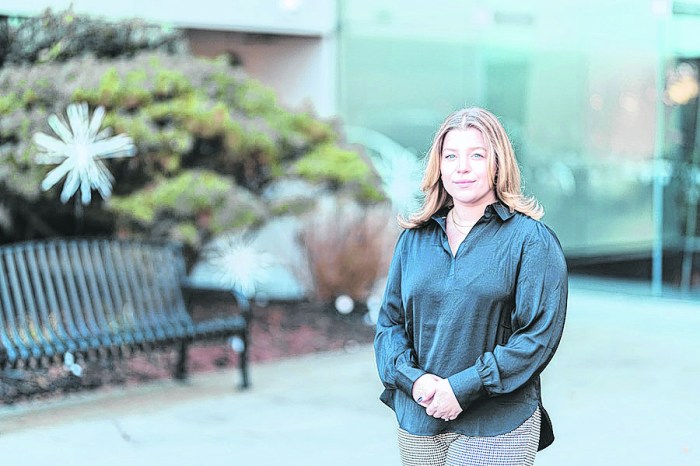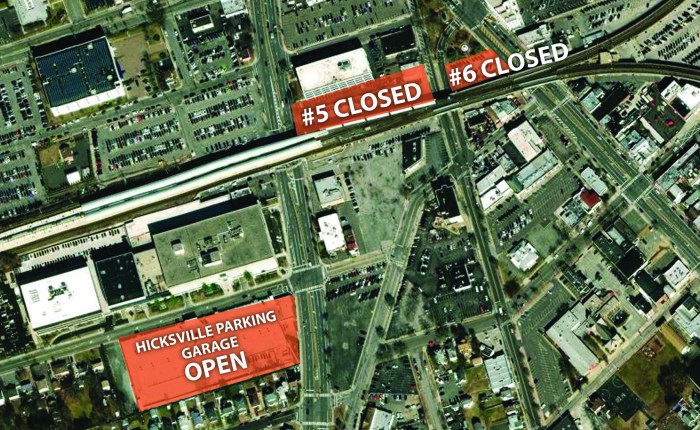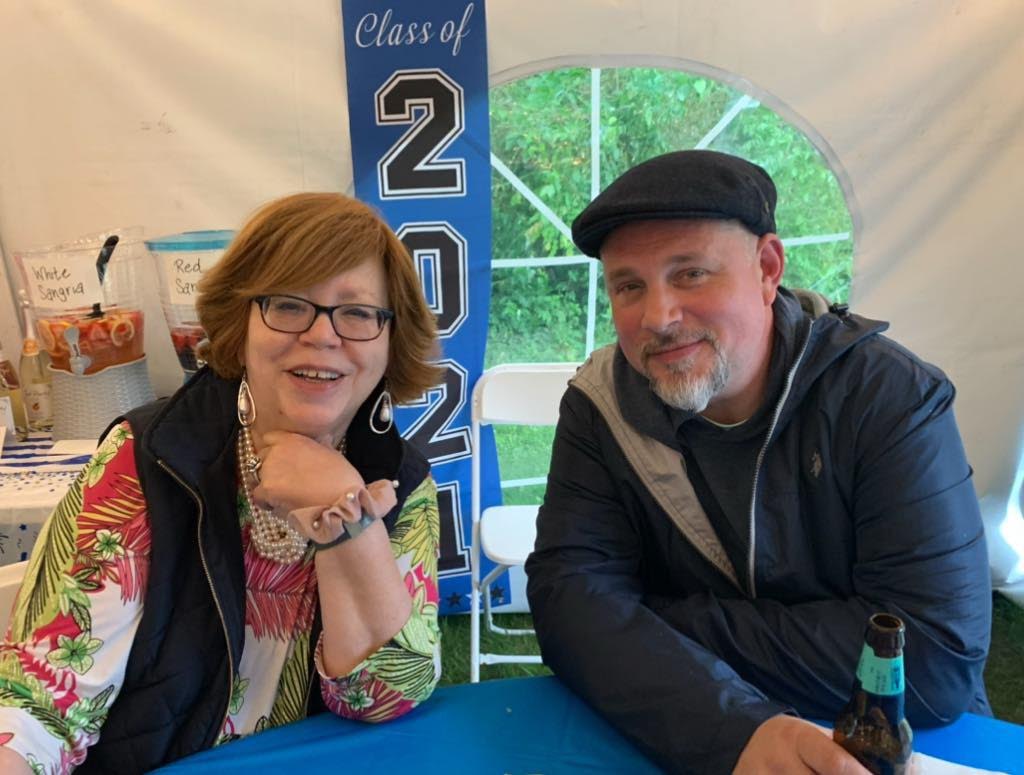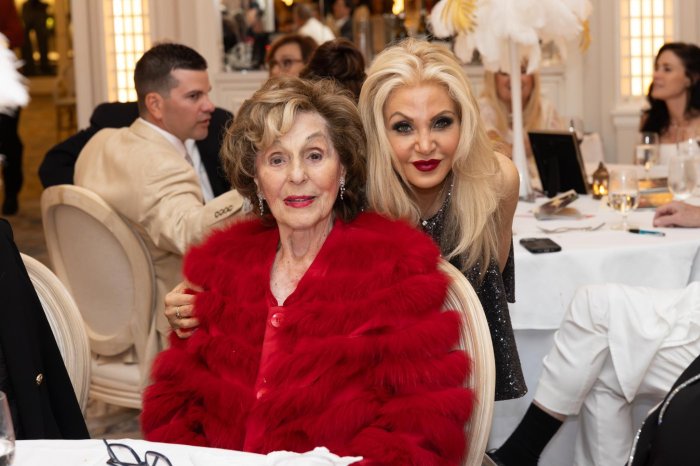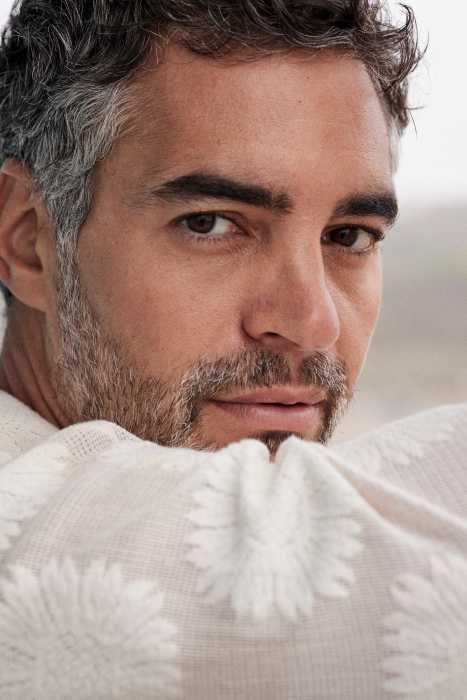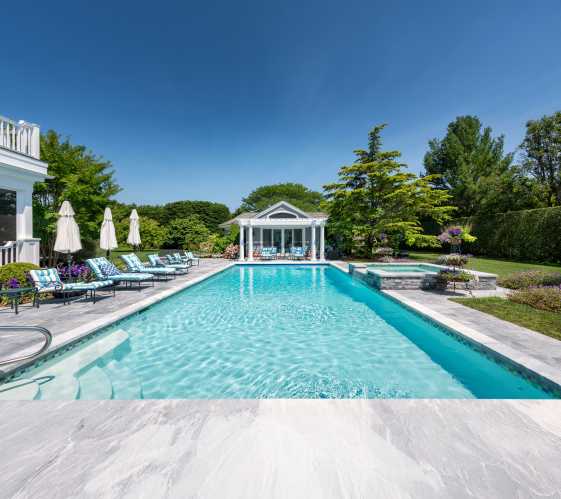About a dozen technology companies in New York State, including two on Long Island, traveled to Australia in March to seek opportunities building parts for submarines and military aircraft for that country.
The trade mission, organized by the state’s Empire State Development Corp., which helps promote the state’s economy, arranged to take the company executives to Sydney and Melbourne to meet with Australian military and government officials. The Long Island contingent featured Hauppauge-based GSE Dynamics Inc., which makes parts for U.S. Navy subs and airplanes, and Sensaras, a Bohemia-based manufacturer of ultrasonic liquid-level sensors.
“This trade mission offers an excellent opportunity for your company to connect with Australian businesses and distributors interested in your products,” Empire State said when inviting the companies. Empire State said that its Australian staff would “provide your company with a customized market intelligence report, equipping you with insight necessary to successfully navigate the Australian market.”
Long Island business executives tend to refer to the trip as “visiting Aukus.” Aukus is a trilateral security partnership between Australia, the United Kingdom and the United States, formed in the fall of 2021 to, as the three countries said at the time, “promote a free and open Indo-Pacific that is secure and stable.”
Aukus is widely seen as a response to anxiety among its members that China poses a threat to the Indo-Pacific region. China has denounced Aukus, saying it is “damaging regional peace” and that it has “a Cold War mentality.”
There will be lots of talks between the New York/Long Island companies and Aukus officials.
Read also: LI defense contractors face costly upgrades under new Pentagon rules
The trip is not free. Empire State estimates the cost to each company at about $4,000 to $5,000. But companies could apply for a 50% grant from the state Trade Expansion Program.
What has enticed some of the companies to go is that Australia is interested in acquiring new nuclear-powered submarines to replace an aging class of such ships.
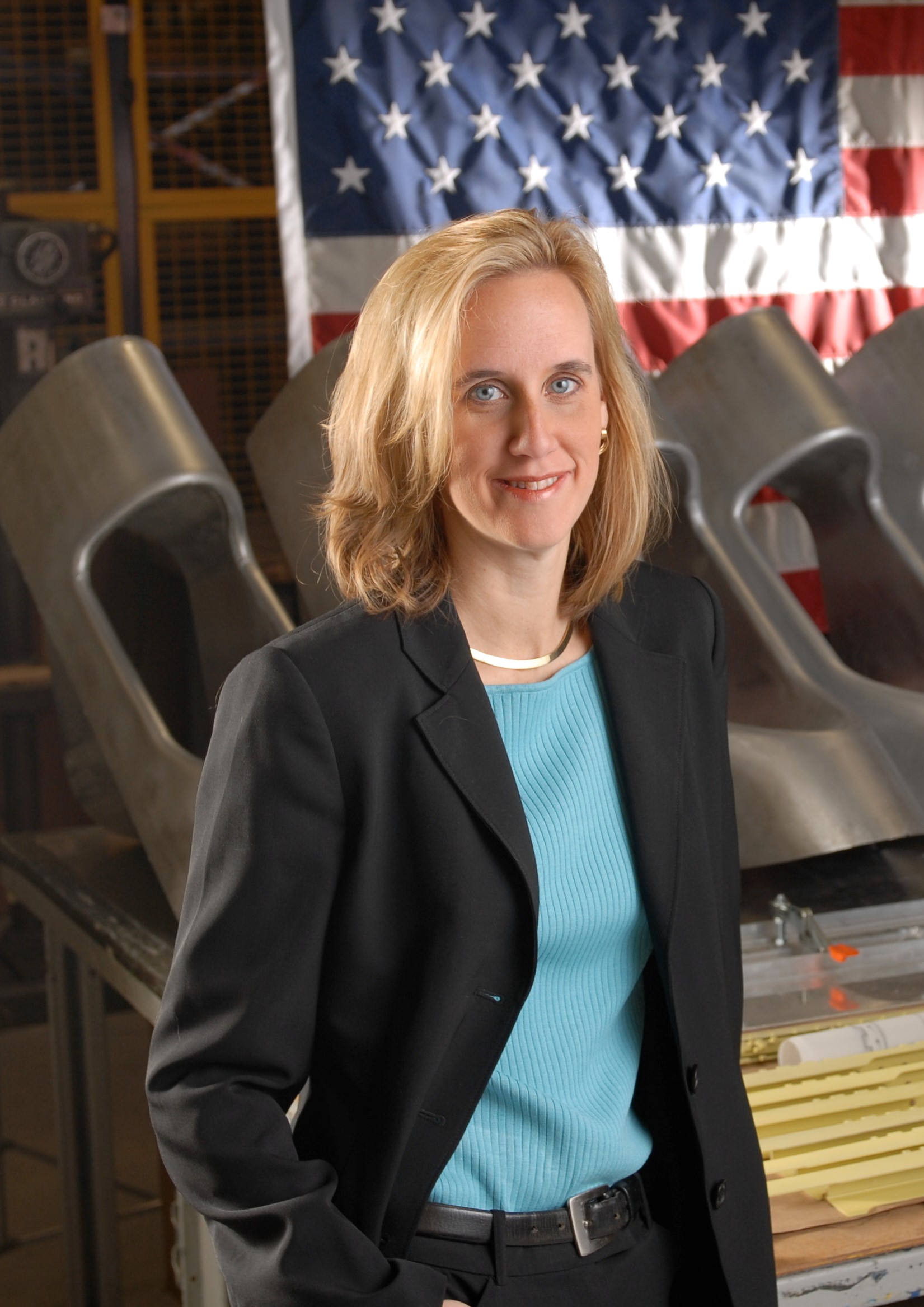
Anne Shybunko-Moore, chief executive officer of GSE Dynamics, will be taking a group from her company to Australia. GSE, known for years for producing metal assemblies for aircraft such as the C-5 cargo plane and the B-1, B-52 bombers, has branched out over the years to become a leading supplier of composites.
The company makes composite submarine structures that house the periscope on the U.S. Trident, Sea Wolf and Los Angeles-class subs.
“This (Trade Mission) is launching businesses like mine that are trying to expand in Australia,” Shybunko-Moore told the Press. “That’s what this is all about.”
Greg Mallon, GSE’s chief strategy officer, added: “Our objective for the trip is to increase the dialogue and build deeper industry-to-industry ties as partners to work to build the new defense technology and trade ecosystem.”
Glen Melder, CEO of Sansaras, said that the company has “worked closely” with Empire State in the past and is eager to travel to Australia.
“We have no business there currently,” Melder said.
The sensors Sensaras makes can be used in virtually any industry where it is necessary to detect the level of liquids or air. For example, when a submarine is raised to the surface, it is filled with air. The sensor alerts the crew as to whether there is enough air to raise the sub, or whether more is needed.
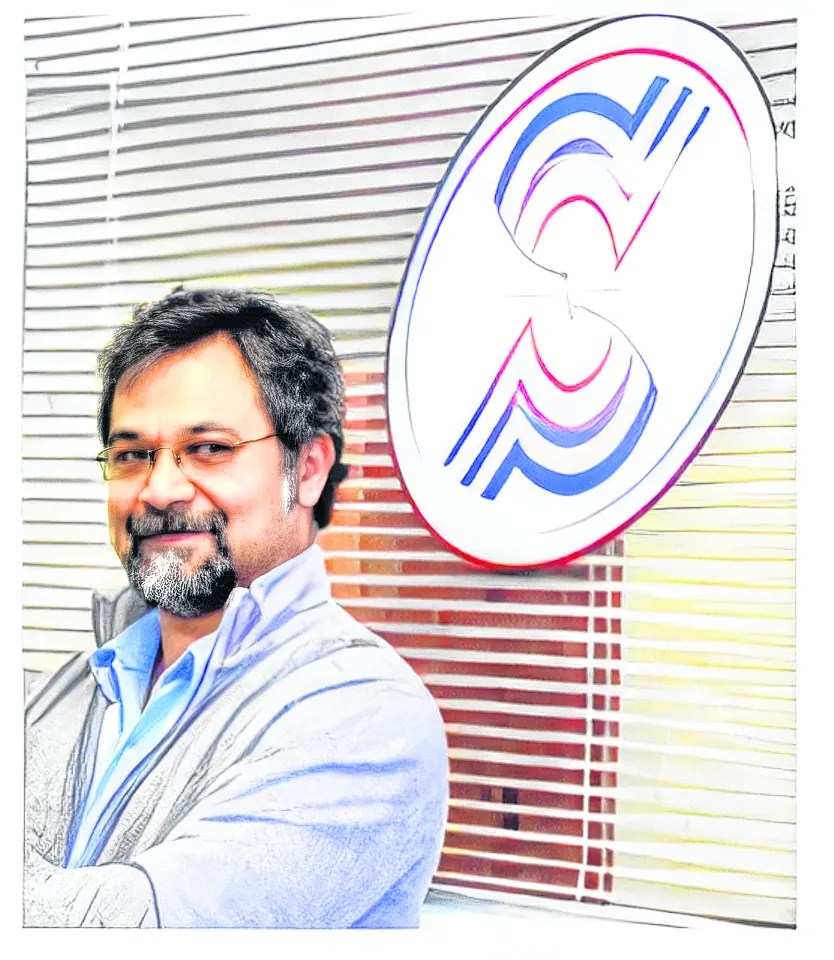
Melder said Sansaras wants to discuss with the Australians a variety of uses for the company’s equipment.
“Australia is a good ally and we are trying to do some interesting things with them,” Melder told the Press.
Word from local defense sources is that the U.S. intends to sell Australia three nuclear-powered Virginia-class submarines, subject to congressional approval, with the possibility of selling two more, if needed. A Navy officer, Capt. Lincoln Reifsteck, the Navy’s Aukus integration and acquisition program manager, told a military symposium recently that in 2032 and 2035, the U.S. will sell Australia two Virginia-class submarines.
That may certainly bring business to companies on Long Island and elsewhere. Jamie Moore, president of Ignite Long Island, a manufacturing consortium, said the Australians deserve a shout-out.
“Hats off to them,” Moore said. “They’re talking to our companies.”




